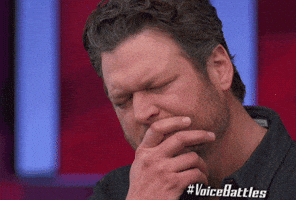So, take the trump approach and only have a concept of a plan but lie and tell them that you are fighting for them, when you are not? (Not disagreeing with you, this is just how it feels to me.)
I have no clue how trump was elected, never will understand.
But I thought that the dems did present some ideas to help small businesses.
Of course, I know a couple of republicans that didn't take the Business Covid stimulus (You know the one that MTG got almost $200K from) because of their pride. Exact quote: They don't take government handouts.
My niece made that same statement this past weekend. This is a 26 year old with no education, no job, no prospects, drug addict with a child who's father is dead. She needs all the help she can get and she's not going to take money from the government, because that's the bullshit she's heard from her stupid parents. I told her that we paid taxes to support programs to help society. That she should apply for anything that she can get to help her clean up, take care of her child, and get some kind of career training.
Of course, her parents, who are currently raising the child, are the same way, yet they didn't have a problem getting SS benefits after the father died in a car accident.

